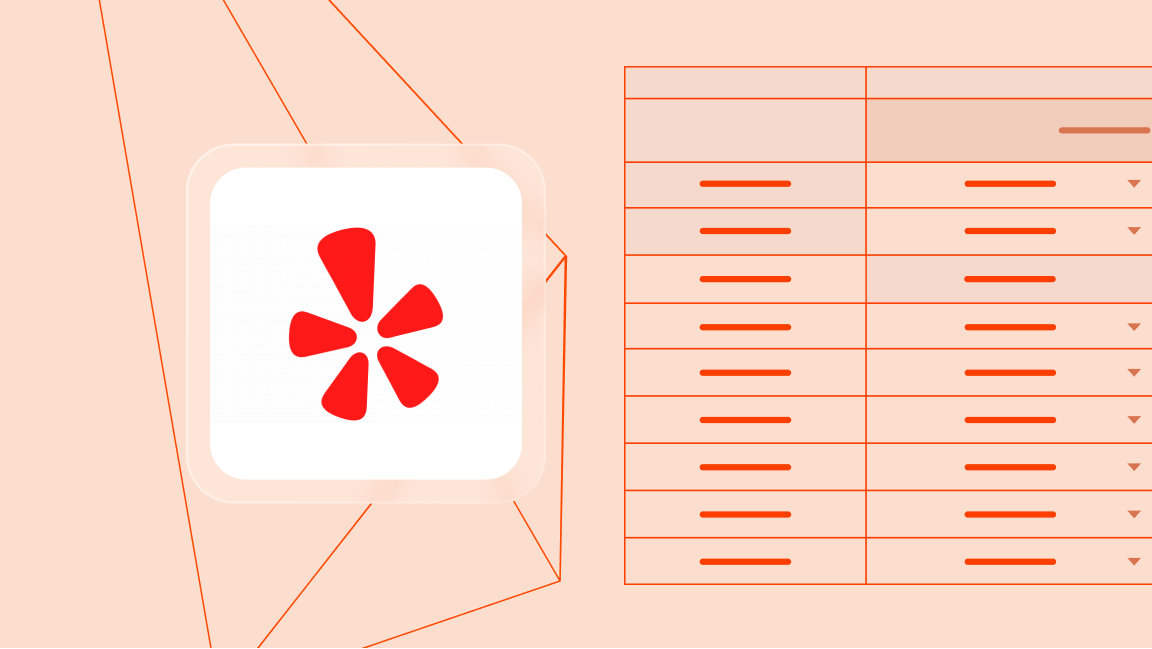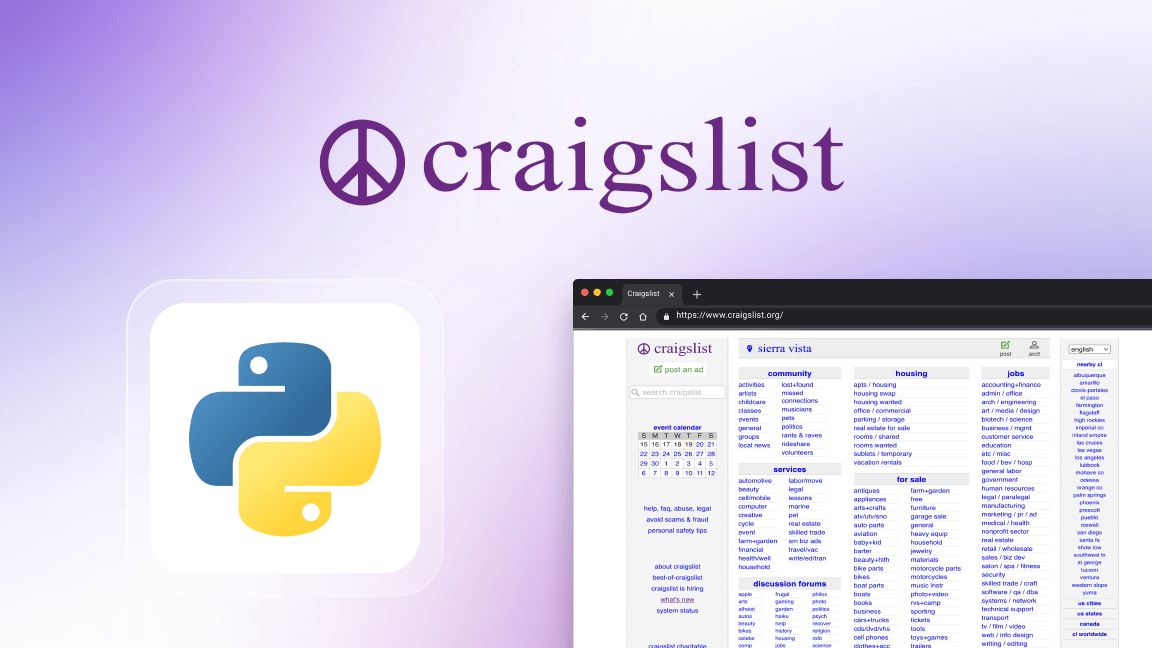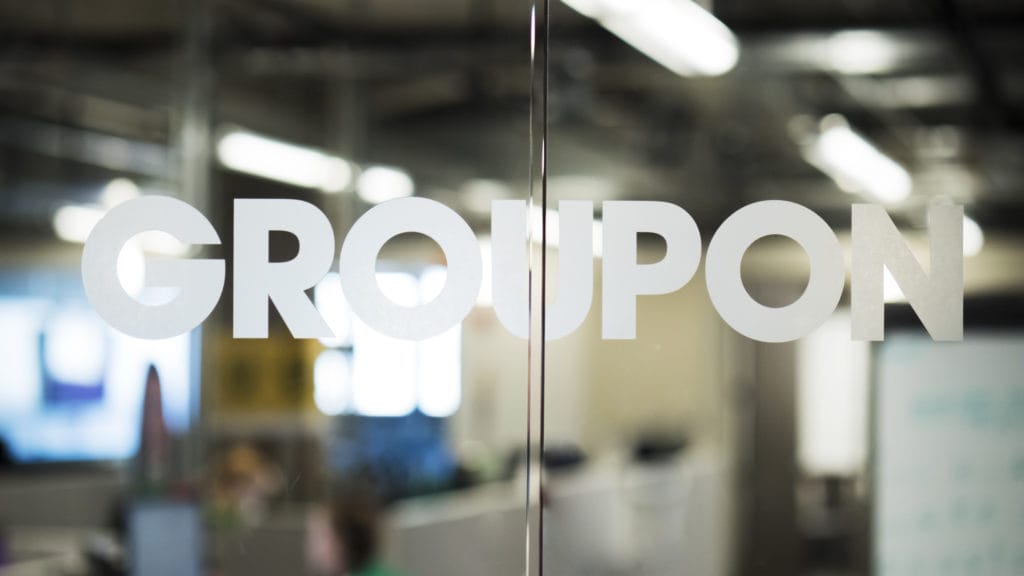Research takes time. Whether it is academic research or market research, speeding up the data extraction process can save you days of work and eliminate the possibility of human error. Manual research is alright when copying and pasting information from a few websites. But what about more extensive projects where you need to collect and sort data from hundreds of web pages?
Enter web scraping. Also referred to as data scraping, data mining, data extraction, screen scraping, or web harvesting, web scraping is an automated solution for all your research needs. You tell the scraper what information you are looking for, and it gets you the data — already neatly organized and structured, so you won’t even have to sort it.
What is online research?
Online research refers to using the internet to retrieve data. This includes any type of website through any type of device. It's hard to find a good word to describe the amount of data in the internet — huge? Astronomical? Infinite?
Not to mention that to extract data manually, you would have to read entire web pages to determine whether they are relevant to your research or not, select relevant information, think of a structure and parameters to catalog it…
How can you use web scraping for online research?
Web scraping is the automated process of extracting structured information from a website. Simply put, your scraper will export data from a website and insert it tidily into a spreadsheet or a file. If you need to extract data for your research, this might just be the shortcut you have been looking for. Here are some examples of how you can use web scraping for online research:
Medical research: Monitoring clinical trial results, patient status, and disease incidence and detection (think of the COVID-19 pandemic) are only a few of the possible uses of web scraping in the healthcare and pharmaceutical field.
Academic research: Scholars search for data and facts for analysis which leads to a greater body of knowledge. Whatever their field of research may be, web scraping certainly speeds up the data collection process and saves energy for analysis, at both the university, think tank, and even individual student level.
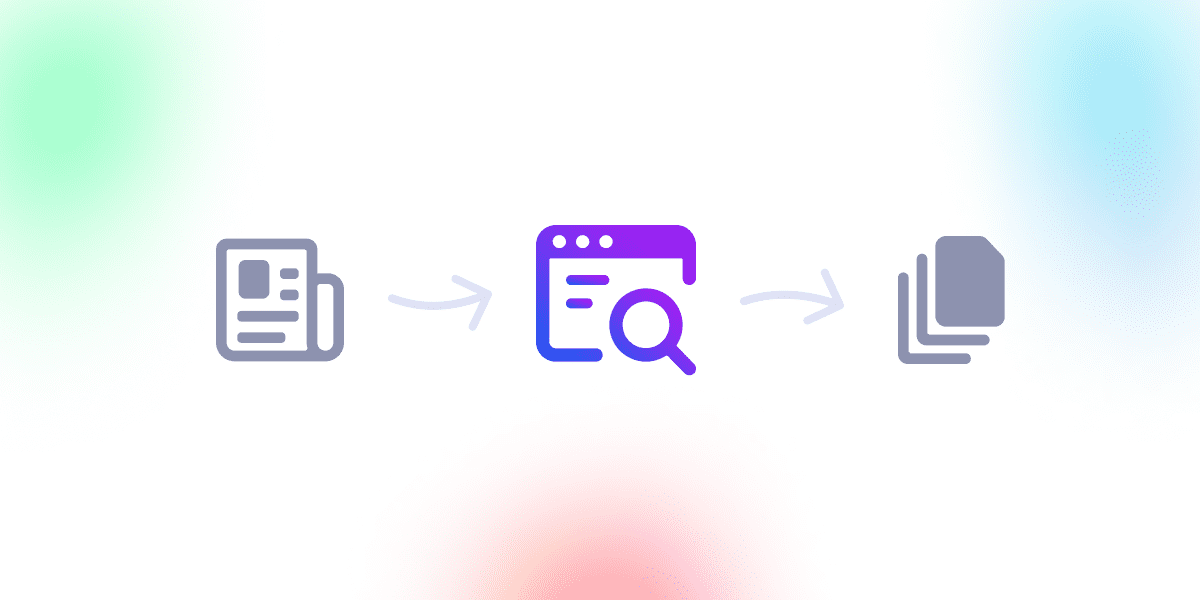
News research: We have mentioned a few instances in which web scraping was instrumental to investigative journalism. But you don’t need to be a journalist to use a news web scraper! You might just want to stay up to speed with all the new developments in your professional field (like web design, for example) or receive updates every time your soccer team scores a goal. A web scraper can do that for you and store the results neatly so that you can use them in reports, databases, or just keep them handy for later reference.
Market research: Market research is fundamental to the success of every business. You need to know what your competitors are doing and what consumers want in order to sell. As the saying goes, “keep your friends close and your enemies closer.” And thanks to web scraping, your enemies will be closer than ever. Review websites are great places to find customer feedback on your competitors’ performance and activities. Check out these actors to scrape Yelp or Yellow Pages and make web scraping part of your market research.

Advantages of using web scraping for online research
There are several advantages to using web scraping for research. Research can be a tedious, time-consuming, and expensive business. Sometimes, human or financial resources are scarce, resulting in poor and inaccurate results. Here are the most significant advantages of web scraping in research:
Speed: once you have set the parameters for your research, the web scraper sends your request to the website(s), brings you back the answer, and logs it into a file. It doesn’t require the same time as you to read through the whole web page, select the data you want, copy and paste it into a separate file, and then tidy it all up. If the research project is highly ambitious, the scraper might take a few hours or days — still much less than it would take you manually.
Convenience: you can export all the extracted data to a spreadsheet or file on your device. You won’t have to waste extra time sorting it because the scraper has already done that for you, as any well-designed scraper will extract structured data. The file will also be available offline when you don’t have internet access.
Cost: research is a lot of work. That is why universities, governments, and organizations usually need to hire a research department or consultants. Web scraping drastically reduces the workforce needed for such projects, therefore cutting the prices.
Also, data itself is expensive. If you need to find influencers from a target audience to promote a product, you may not have the capital to buy an influencers database or a directory from a third party. Web scraping allows you to retrieve that data on your own.
Are there risks or downsides to web scraping?
A word of caution to the web scraping beginners. The usual rules related to copyright and especially personal data apply to data extracted through web scraping – plus a few more. Web scraping is legal, but you need to respect international regulations and the target website's terms of service.
Here are the main things to keep in mind when web scraping:
Getting blocked: Whenever you send a request to a website, the website has to send an answer back to you. This happens very fast, but it still takes time and energy. If you send too many requests too fast, you risk significantly slowing down the whole website or even bringing it down. Alternatively, the website could recognize that the requests are automated and block your IP address (temporarily or permanently). To minimize this risk, consider setting a pause for the program between each request and, more importantly, use a proxy server. Apify Proxy was designed with web scraping in mind, while also respecting the websites scraped.
Sharing: You can’t always share the data you extracted from a website. Some content might be licensed or copyrighted. However, you can always share your web scraping code on platforms such as GitHub so that others might use them.
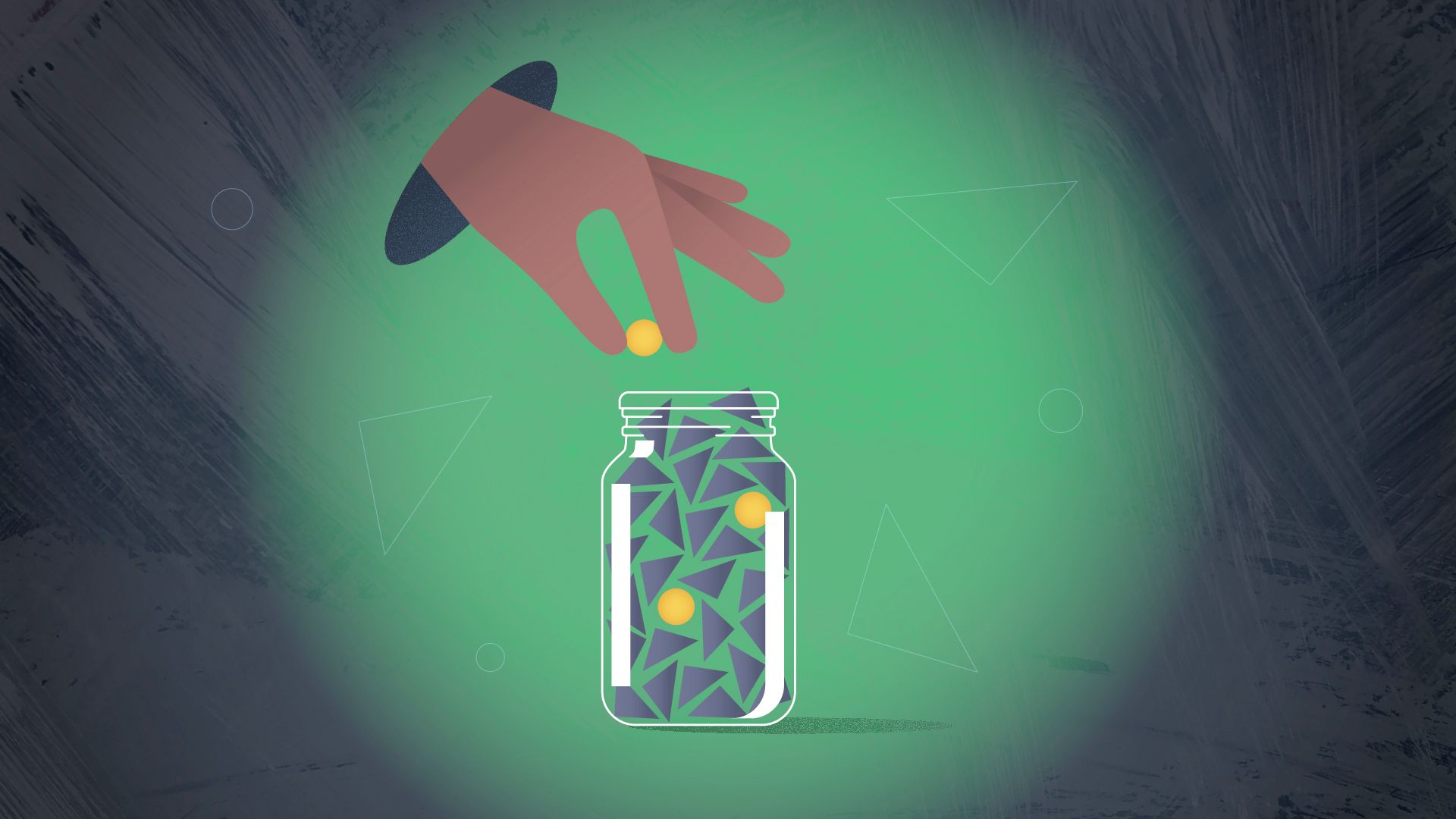
But I don’t know how to program 🤷♀️
You might lack the technical competence needed to build a web scraper yourself. Most people do. But don’t despair: Apify’s no-code tools for extracting data are user-friendly and accessible.
You don’t need to know how to code to use an Apify scraper. The actor scrapes the website in HTML and extracts the data directly in an easily-readable spreadsheet or text format. You can then access the file any time you want for your research, even offline.
Check whether someone in the Apify community has already created the scraper you need in Apify Store or request a custom scraper for your project.




